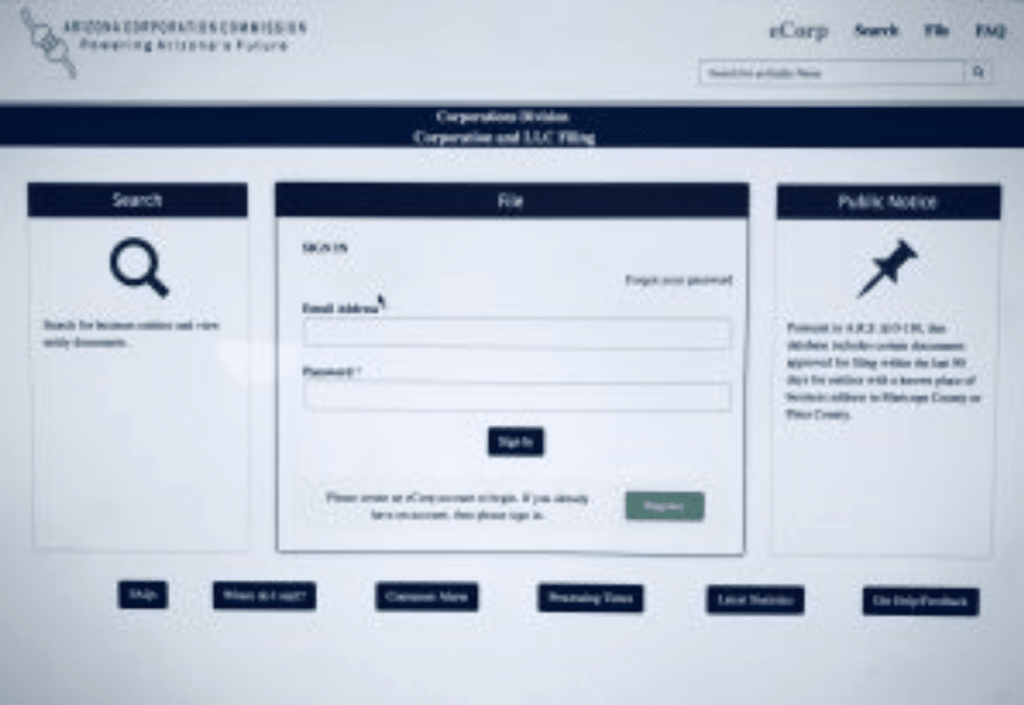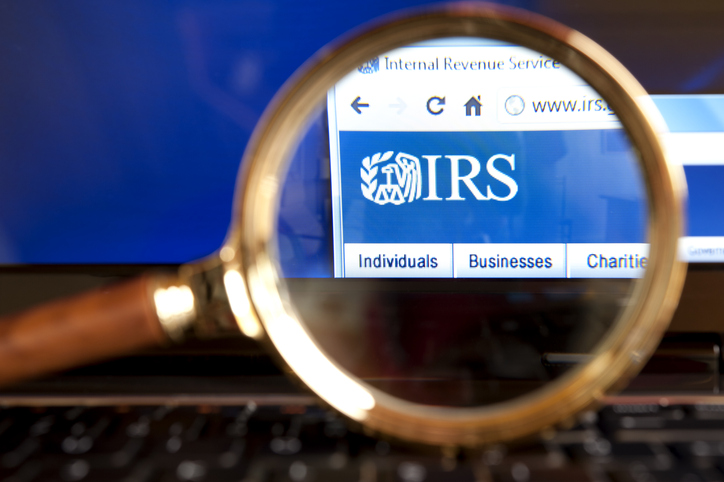Do Tax-Exempt Organizations Have To Report Changes To The IRS?
Tax-exempt organizations must report changes to their name, address, changes to their articles and bylaws, and major operational changes to the IRS.
Tax-exempt organizations must report changes to their name, address, changes to their articles and bylaws, and major operational changes to the IRS.

All Boards make recruiting mistakes. They carefully vet and enthusiastically elect a new Board member. They hold an orientation, provide information about the organization’s programs, set

Familiarize yourself with the organization, its mission, and its effectiveness before giving. Always ask for information in writing “ be wary if an organization will not provide information about charitable programs and finances upon request. Any legitimate organization will be happy to send you information. Check guidestar.org to review the organization’s financial data and learn more about its mission and finances. Understand that its common for scammers to set-up websites with confusing similar names to well-known charities to steal personal information from those trying to donate. Scammers are also known to set up fake GoFundMe accounts.

In May 2018, the Arizona Corporation Commission released a major update to their website’s online services. Users can create an online account, submit and manage
The IRS has debuted a new and improved exempt organization search page. Previously, the public could use the IRS’ Select Check tool to lookup an organization by name or EIN. However, Select Check only permitted confirmation of an organization’s tax-exempt status and whether the organization was a public charity or private foundation.

A nonprofit’s board of directors is legally responsible for exercising the care an ordinarily prudent person in a like position would exercise in overseeing the organization’s operations. This includes the organization’s finances and legal compliance.

The IRS has issued a new Form 1024-A, Application for Recognition of Exemption under Section 501(c)(4) of the Internal Revenue Code for an organization that chooses to apply for recognition of exempt status under Section 501(c)(4).
As of January 1, 2018, Arkansas Charitable Solicitation law was updated, moving registration for charitable solicitation from the Arkansas Attorney General to the Arkansas Secretary
On December 22, 2017, Pennsylvania fundraising laws changed when the Governor signed two bills into law amending the Solicitation of Funds for Charitable Purposes Act.
The IRS has revised Form 1023-EZ, Streamlined Application for Recognition of Exemption Under Section 501(c)(3) of the Internal Revenue Code, and its instructions which went into effect January 10, 2018. The $275 1023-EZ user fee remains the same. The changes are designed to reduce filing errors and increase compliance with respect to those eligible to file Form 1023-EZ. Form 1023-EZ filers must now complete the following:
Most states require you to register your organization if you solicit donations from their residents. Many states also require registration if your organization collects substantial or ongoing donations from their residents, even if you aren’t specifically targeting donors in that state. Download our comprehensive list of each state’s requirements.
Download our free guide to learn about the many elements needed to run a successful nonprofit organization, as well as how to avoid common pitfalls and mistakes.